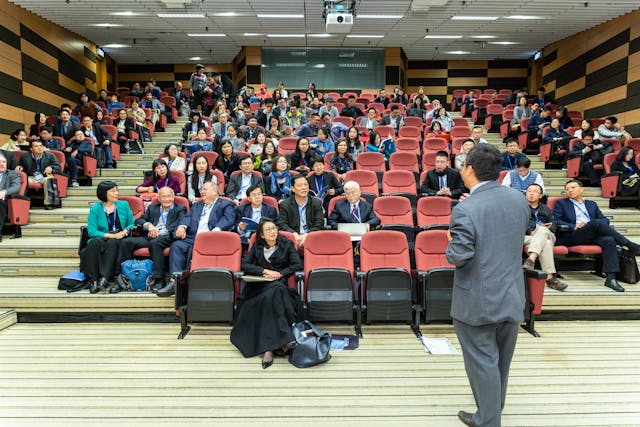
A Level Sociology covers a wide range of topics related to the study of society, social institutions, social processes, and human behavior. The syllabus may vary depending on the exam board, but typical areas covered in A Level Sociology include:
- The Sociological Perspective:
- Understanding sociology as a discipline, including its origins, key concepts, theories, and methods of inquiry.
- Different sociological perspectives, such as functionalism, conflict theory, symbolic interactionism, and feminism.
- The relationship between individuals and society, including the role of socialization, culture, and social structure.
- Social Institutions:
- The family: Changing patterns of family structure, roles and relationships within families, and functions of the family in society.
- Education: The role of education in socialization, social mobility, inequality, and reproduction of social class.
- Work and employment: The nature of work, division of labor, labor markets, and issues related to employment, unemployment, and globalization.
- Religion: The functions of religion in society, religious beliefs, practices, and organizations, and the relationship between religion and social change.
- Social Stratification and Inequality:
- Social stratification: Theories of social class, status, and power, including Marxist, Weberian, and functionalist perspectives.
- Social mobility: Patterns of social mobility, meritocracy, and the impact of social class on life chances and opportunities.
- Inequality: Patterns of inequality based on factors such as gender, ethnicity, race, age, and disability, and the consequences of inequality for individuals and society.
- Crime and Deviance:
- Definitions of crime and deviance, social construction of crime, and the relationship between crime and social control.
- Explanations of crime and deviance, including biological, psychological, sociological, and interactionist perspectives.
- The social distribution of crime, patterns of offending, victimization, and responses to crime by individuals, communities, and the criminal justice system.
- Globalization and Social Change:
- Globalization: The processes of globalization, including economic, political, cultural, and technological dimensions, and their impact on societies and individuals.
- Social change: Theories of social change, including modernization, post-industrialism, and globalization theories, and their implications for social structure and social institutions.
- Resistance and social movements: The role of social movements, protests, and collective action in challenging social inequalities and promoting social change.
- Research Methods in Sociology:
- Quantitative research methods: Surveys, experiments, and statistical analysis of data.
- Qualitative research methods: Participant observation, interviews, and content analysis.
- Ethical considerations in sociological research and the evaluation of research studies.
- Optional Topics:
- Some A Level Sociology courses may include optional topics or modules that allow students to explore specific areas of interest in more depth. Examples might include gender and sexuality, health and illness, media and communication, or environmental sociology.
A Level Sociology involves the study of sociological theories, research methods, and empirical evidence to analyze and understand social phenomena and patterns of behavior. The course aims to develop students’ critical thinking skills, analytical abilities, and sociological imagination, enabling them to engage with contemporary social issues and contribute to informed discussions about society and social change.
